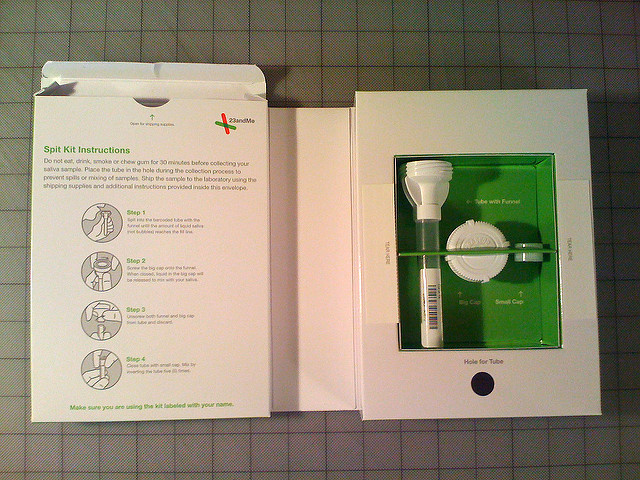Aggressive marketing techniques and the popularization of “gifting” recreational ancestry tests has led more consumers than ever to the world of personal genetic testing. Yet, the recent arrest of the Golden State Killer suspect has heightened concerns about privacy and ethics because of the way law enforcement used a third-party DNA interpretation company to identify close relatives and hone in on a likely culprit.
The company, GEDmatch, is well-known among genetic genealogy enthusiasts. When consumers want to learn more about their relatives than previously revealed by commercial testing companies such as AncestryDNA or 23andMe, they can seek out third-party companies like this one for further interpretation of their DNA results.
But, in addition to clues about where your ancestors were from, DNA holds information about your own medical risks. Here, at the intersection of recreational genetic genealogy and personal health information, is where direct-to-consumer companies are generating some unintended spillover effects that can have personal consequences consumers may not be prepared for.
I approach this area from the medical side. My own work focuses on how people use genomic information...




